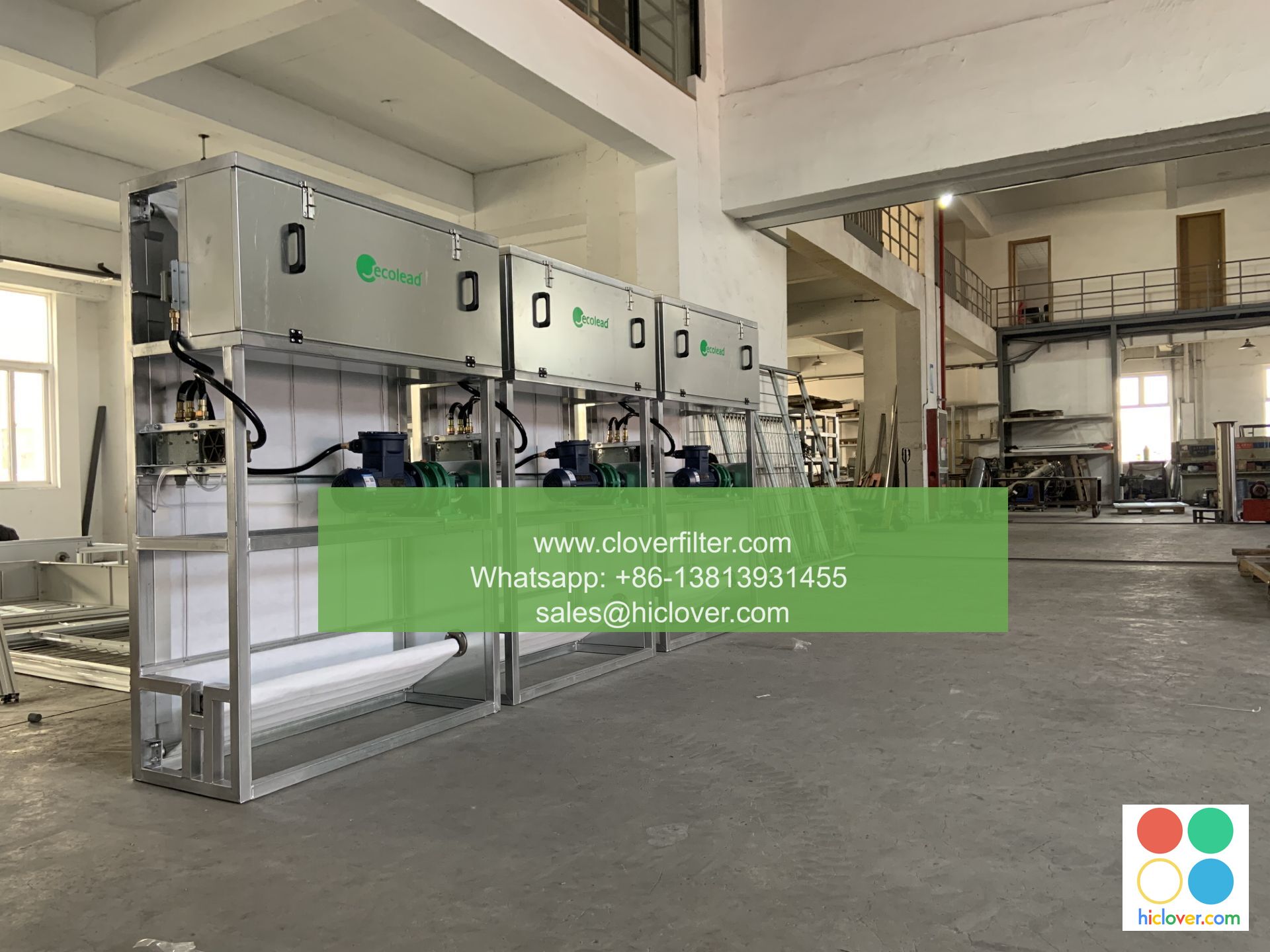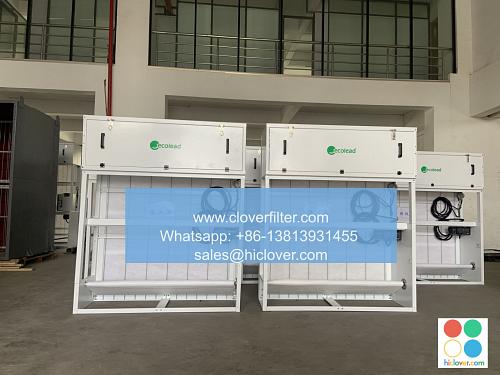The Pros and Cons of Cheap Air Filters vs. High-End Filters

When it comes to indoor air quality, air filters play a crucial role in removing pollutants, allergens, and bacteria from the air we breathe. With a wide range of options available, from cheap air filters to high-end filters, it can be overwhelming to decide which one is best for your needs. In this article, we’ll delve into the pros and cons of cheap air filters vs high-end filters, highlighting their applications in residential, commercial, and industrial settings.
Cheap Air Filters: The Affordable Option
Cheap air filters, also known as low-cost air purifiers or budget-friendly filters, are designed to provide basic air filtration at an affordable price. The pros of cheap air filters include:
* Low upfront cost: Cheap air filters are often priced lower than high-end filters, making them a more accessible option for those on a tight budget.
* Ease of replacement: Cheap air filters are often designed to be replaced more frequently, which can be a convenient option for those who don’t want to deal with complex maintenance.
* Wide availability: Cheap air filters are widely available at most hardware stores and home improvement centers.
However, the cons of cheap air filters include:
* Poor air filtration efficiency: Cheap air filters often have a lower Minimum Efficiency Reporting Value (MERV) rating, which means they may not capture as many pollutants and allergens as high-end filters.
* Shorter lifespan: Cheap air filters may need to be replaced more frequently, which can add up in costs over time.
* Reduced indoor air quality: Cheap air filters may not be effective in removing harmful pollutants and allergens, which can compromise indoor air quality.
High-End Air Filters: The Premium Option
High-end air filters, also known as premium air purifiers or advanced filtration systems, are designed to provide superior air filtration and purification. The pros of high-end air filters include:
* High air filtration efficiency: High-end air filters often have a higher MERV rating, which means they can capture more pollutants and allergens, including ultrafine particles and volatile organic compounds (VOCs).
* Longer lifespan: High-end air filters may have a longer lifespan, which can reduce replacement costs over time.
* Improved indoor air quality: High-end air filters can provide superior indoor air quality, which can be especially important for people with allergies or respiratory issues.
However, the cons of high-end air filters include:
* Higher upfront cost: High-end air filters are often priced higher than cheap air filters, which can be a barrier for those on a tight budget.
* Complex maintenance: High-end air filters may require more complex maintenance, such as regular cleaning and filter replacements.
* Limited availability: High-end air filters may be less widely available than cheap air filters, which can make them more difficult to find.
Applications in Residential, Commercial, and Industrial Settings
Air filters have a wide range of applications in residential, commercial, and industrial settings. In residential settings, air filters can be used to improve indoor air quality and reduce allergy symptoms. In commercial settings, such as offices and retail stores, air filters can be used to improve indoor air quality and reduce employee absenteeism. In industrial settings, such as manufacturing facilities and warehouses, air filters can be used to remove hazardous airborne pollutants and improve worker safety.
Conclusion
In conclusion, the choice between cheap air filters and high-end filters depends on your specific needs and budget. While cheap air filters may be a more affordable option, they may not provide the same level of air filtration efficiency as high-end filters. High-end air filters, on the other hand, may be more effective in removing pollutants and allergens, but may be more expensive and require more complex maintenance. By considering the pros and cons of each option and highlighting their applications in residential, commercial, and industrial settings, you can make an informed decision about which air filter is best for your needs. It looks like you didn’t include a prompt! Could you please provide some text or a question for me to respond to? I’m here to help with any questions or tasks you may have.

